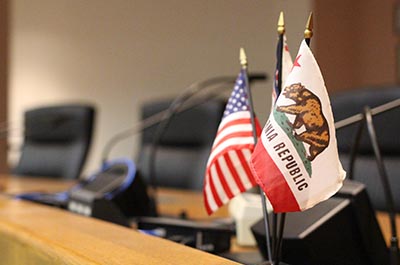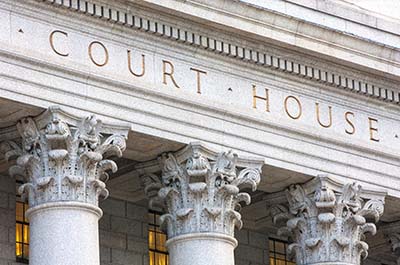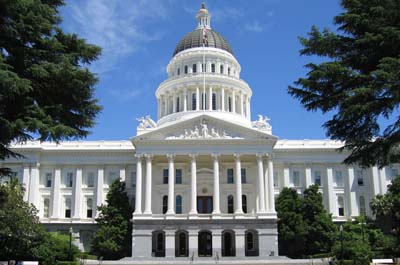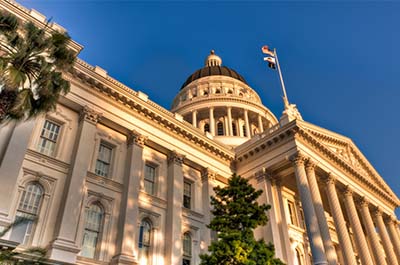The California Occupational Safety and Health Standards Board recently adopted new COVID-19 emergency temporary standards. The temporary standards became effective on November 30, 2020, and expire October 2, 2021. The temporary standards apply to almost all employers and places of employment, with very few exceptions.
The California Supreme Court recently upheld, for the first time, unilateral state reductions to pension calculations without a corresponding off-set for employees, despite the “California Rule.
As the pandemic has progressed, employers have been scrambling to keep up with the ever-evolving state and federal guidance and laws concerning COVID-19.
Recently enacted Assembly Bill (AB) 1867 created new Labor Code sections 248 and 248.1 which require employers to provide additional COVID-19 paid sick leave (CPSL) to food service workers, health care providers, and emergency responders. AB 1867 went into effect immediately upon being signed on September 9, 2020.
On September 17, 2020, California Governor Gavin Newsom signed Senate Bill (SB) 1383, a bill which expands the reach and application of the California Family Rights Act (CFRA), by applying it to employers with five or more employees, by expanding the list of family members with serious health conditions that an employee may take leave to care for, and by eliminating other limitations for use.
May a member of an elected board, council, or other body subject to the Brown Act comment on, “retweet” or “like” a social media post from another member without risking a Brown Act violation?
In City & County of San Francisco v. All Persons Interested in the Matter of Proposition C (2020) 51 Cal.App.5th 703, California's First District Court of Appeal held that special taxes proposed by voter initiative require only a simple majority vote to pass, notwithstanding the provisions of Proposition 13 and Proposition 218, which would otherwise require a two-thirds approva
On May 7, 2020, California Governor Newsom signed Executive Order N-63-20 (EO N-63-20) as part of his broad response to COVID-19. EO N-63-20, among many things, extends multiple statutory and regulatory timelines.
In a series of executive orders addressing impacts of the COVID-19 pandemic, Governor Gavin Newsom has extended a statutorily-imposed timeline significant to public entities.








